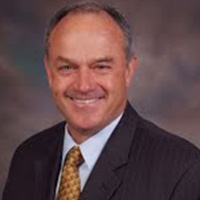Lincoln University Felony Lawyer, Pennsylvania
Sponsored Law Firm
-
 x
x

Click For More Info:
-
The McGarrigle Law Firm
1500 Walnut Street, 22nd Floor Philadelphia, PA 19102» view mapWhite Collar Crime, Criminal Appeals, DUI&DWI Trial Experience & Zealous Advocacy
The Firm’s devoted attention to your individual concerns, our vast trial experience in all types of criminal matters, and our skillful advocacy will ensure that your rights are protected.
800-934-5330
Michael J. Reed
✓ VERIFIEDCriminal, Divorce & Family Law, Felony, Personal Injury, Civil & Human Rights
Michael Reed practices law in Pennsylvania. He attended Villanova Law and have practiced for more than 25 years in Chester County. The cases have been... (more)
FREE CONSULTATION
CONTACTSteve Edward Jarmon
Criminal, DUI-DWI, Felony, Misdemeanor, Traffic
Status: In Good Standing Licensed: 19 Years
FREE CONSULTATION
CONTACT
 Daniel McGarrigle Philadelphia, PA
Daniel McGarrigle Philadelphia, PA TestimonialsRecent Reviews
TestimonialsRecent Reviews Contact UsCall or Email
Contact UsCall or Email

